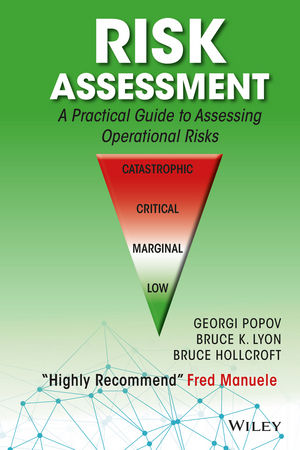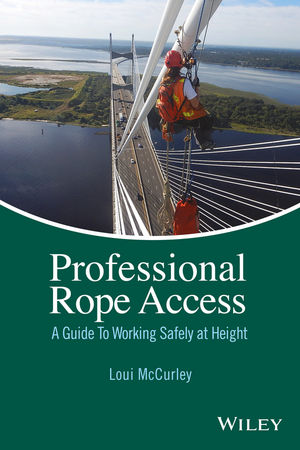The European Agency for Safety and Health at Work (EU-OSHA) has published its overview report of the second European Survey of Enterprises on New and Emerging Risks (ESENER-2), for which almost 50,000 establishments from 36 European countries were interviewed in 2014. The main topics covered are the management of occupational safety and health (OSH) in general, the management of psychosocial risks in particular and the participation of workers in OSH.
The levels of psychosocial risks in European workplaces are high, with 77% of establishments reporting at least one psychosocial risk factor in the workplace.
The most common is having to deal with difficult customers, patients, pupils, etc. (reported by 58% of establishments), which is fairly closely followed by time pressures (reported by 43%).
In addition, ESENER-2 shows that 41% of establishments in the EU-28 state that they indeed do not have enough information on how to assess psychosocial risks.
Among all EU-28 establishments with 20 or more workers, 33% report having in place an action plan to prevent work-related stress.
This is most frequently reported by establishments in the United Kingdom (57%) as well as in Romania, Denmark, Sweden and Italy (around 50%). In contrast, less than 10% of establishments in the Czech Republic and Estonia state that they have such an action plan in place.






